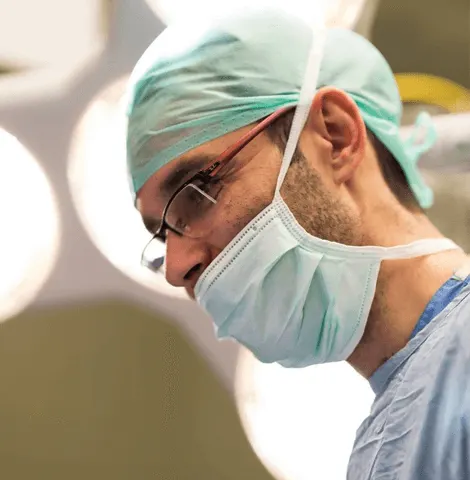"Tongue-tie (ankyloglossia) is a condition where the strip of tissue under the tongue, called the frenulum, is unusually short and tight, restricting the tongue's movement. This can cause breastfeeding difficulties in infants but does not always require treatment."
Everyone has a band of tissue under their tongue called the frenulum. When this tissue, which bridges the gap between the underside of the tongue and the floor of the mouth, is abnormally short and tight, restricting the tongue's movement, it is known as a tongue-tie problem. This condition is also called ankyloglossia. One in seven babies is born with this condition, which can make breastfeeding difficult for the baby, but not impossible. If there are breastfeeding issues due to the baby's tongue-tie, it can make the process more stressful for an inexperienced mother. While some babies with tongue-tie can breastfeed perfectly, others may struggle.
There is a lot of conflicting information and advice in the media about breastfeeding a baby with a tongue-tie. However, experts state that the frenulum tissue becomes a tongue-tie only when it prevents the baby from moving their tongue in a specific way. Thus, babies can have frenulum tissue that extends to the tip of their tongue, which can be clearly seen. They add that even if this makes breastfeeding more difficult, it is not an impossible situation, and if they can move their tongues perfectly, treatment is not necessary.
Types of Tongue-Tie
There are two types of tongue-tie: anterior and posterior. Anterior tongue-ties are at the tip of the tongue and are very obvious to see. Posterior tongue-ties are thicker, further back, and the restrictive tissue may not be visible upon inspection because it remains hidden behind a layer at the back of the tongue.
Does Tongue-Tie Interfere with Sucking?
A tongue-tie problem can affect the function of breastfeeding because the baby cannot lift their tongue, stick it out past their lower lip, or move it fully up and down or side to side. This prevents the baby from latching onto the breast properly and can affect feeding. Additionally, some babies suck extra hard to compensate for limited tongue movement. However, it should not be perceived as a completely impossible situation, and it is possible to overcome this problem with help from a specialist.
Our Other Services: Thyroid
Problems Associated with Tongue-Tie
Besides breastfeeding, there can be other potential problems for the mother and baby if there is a tongue-tie issue. Some of these problems are:
Can Tongue-Tie Be Treated?
A tongue-tie division, also known as a frenotomy, involves snipping the short, tight piece of skin under the tongue. In this procedure, doctors use an instrument that lifts the tongue and protects it and the blood vessels underneath from trauma, and then they cut the tongue-tie with a simple surgical snip. The tongue is lifted, the frenulum tissue is stretched, and the tie is divided using sharp, curved-tip scissors. The procedure is not complete until a diamond-shaped wound is achieved under the tongue. This procedure may vary among doctors, and other methods may be used.

